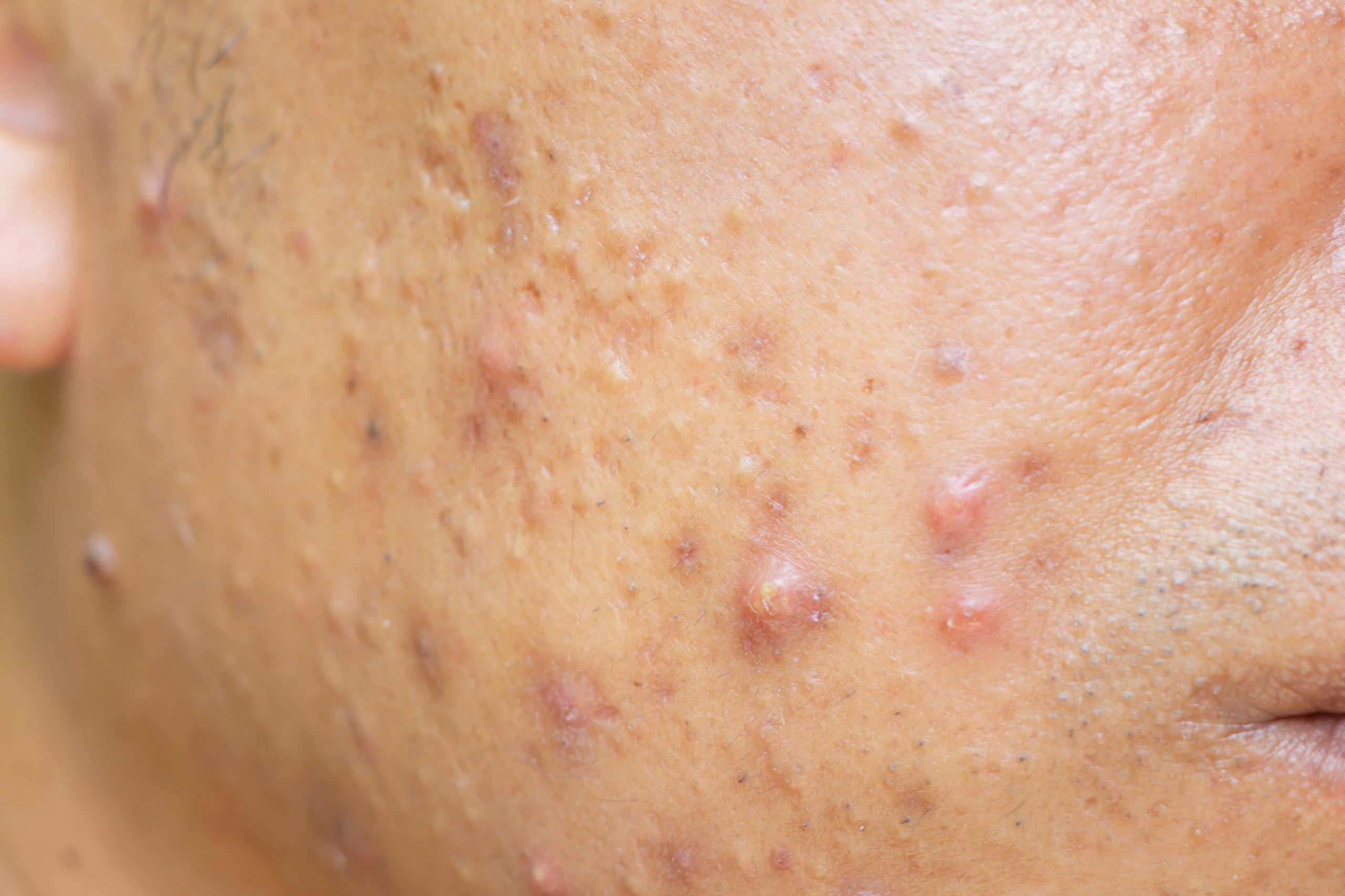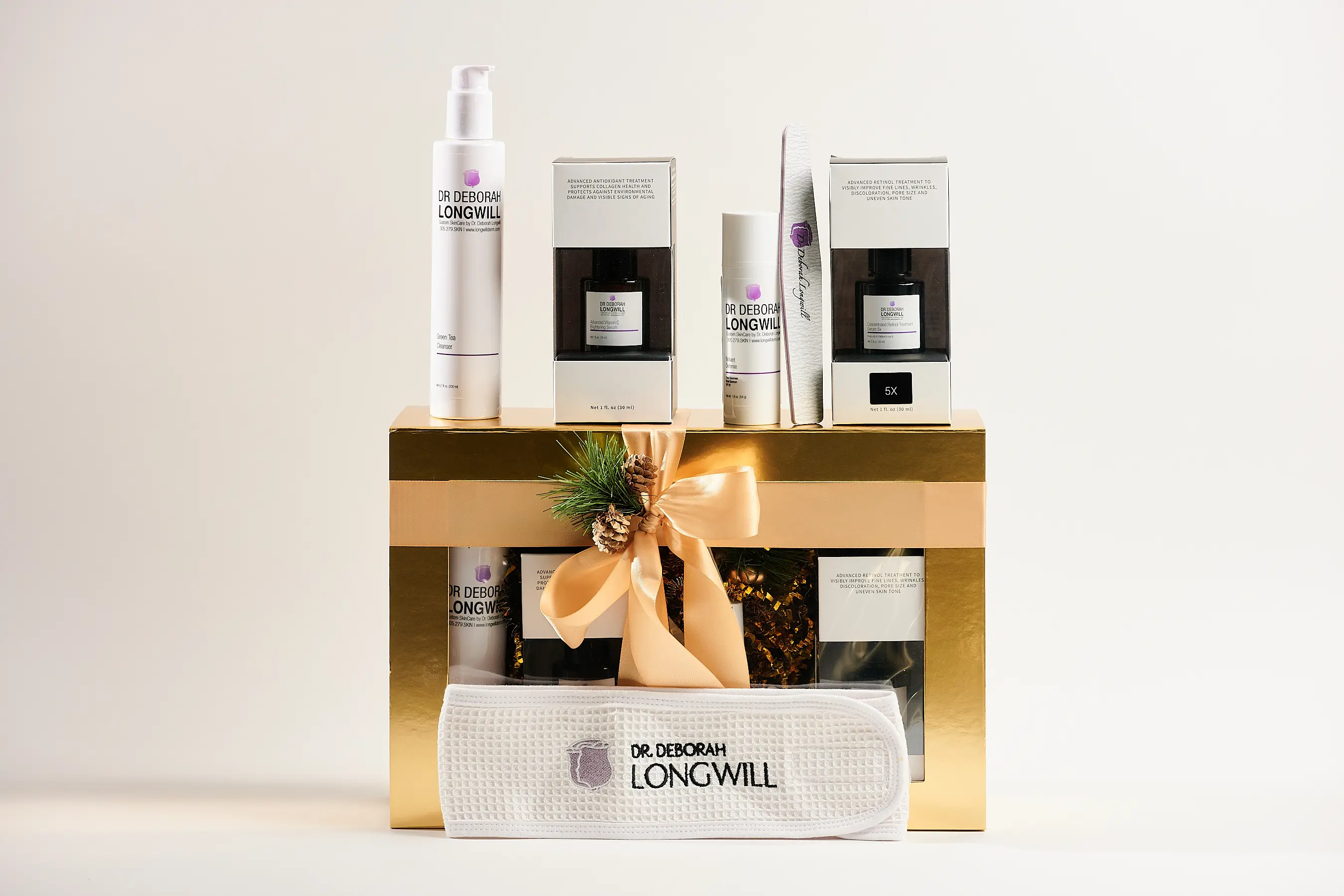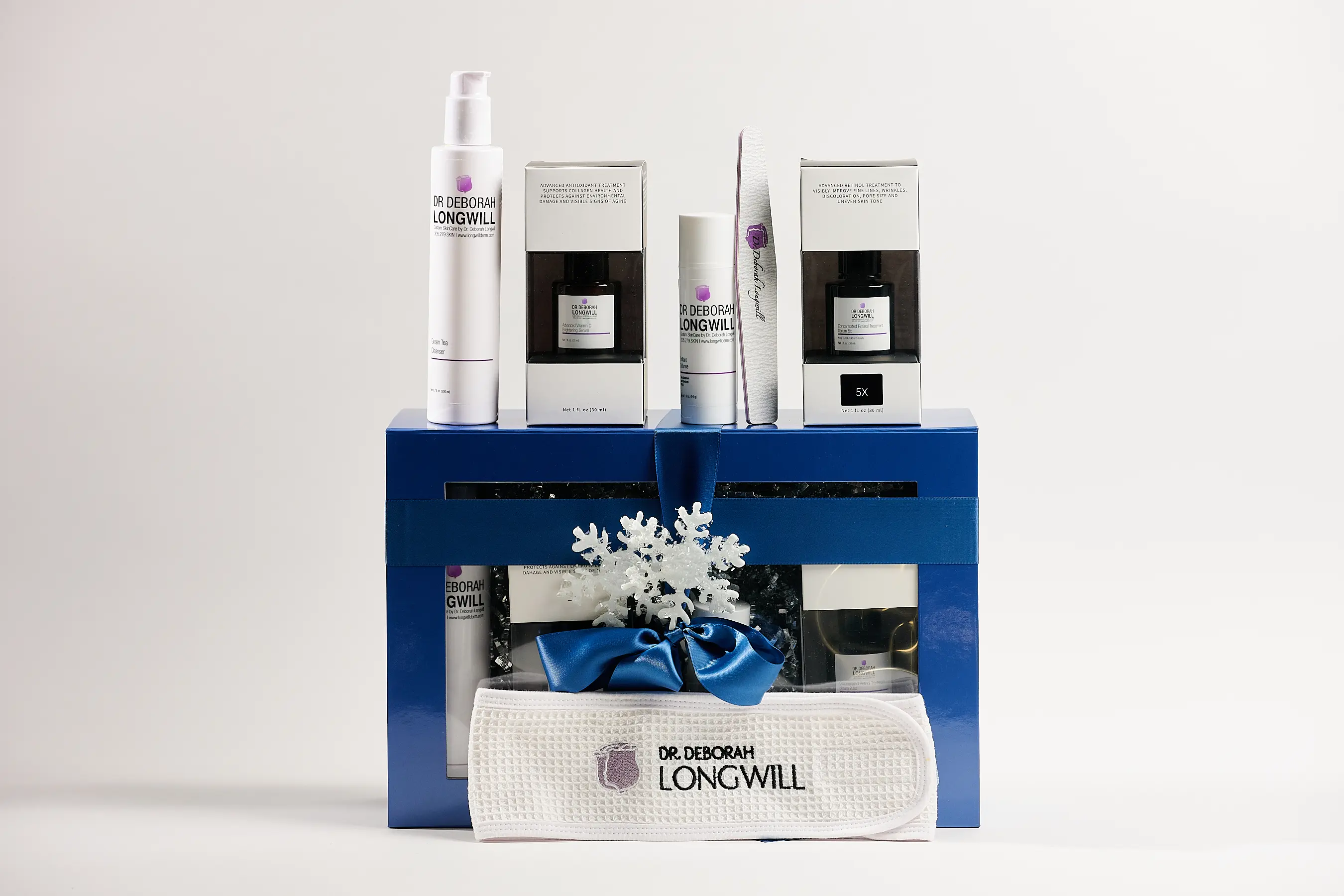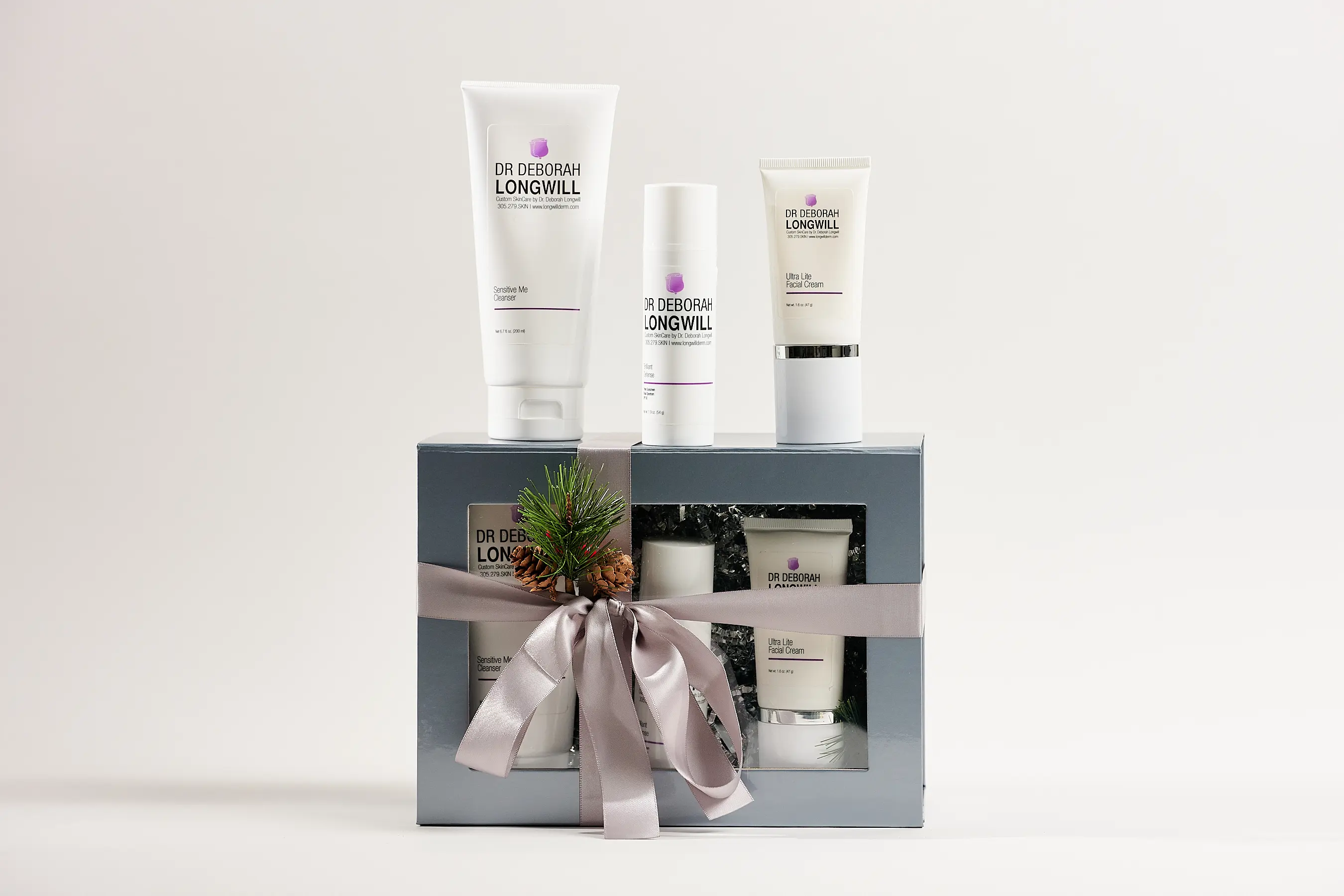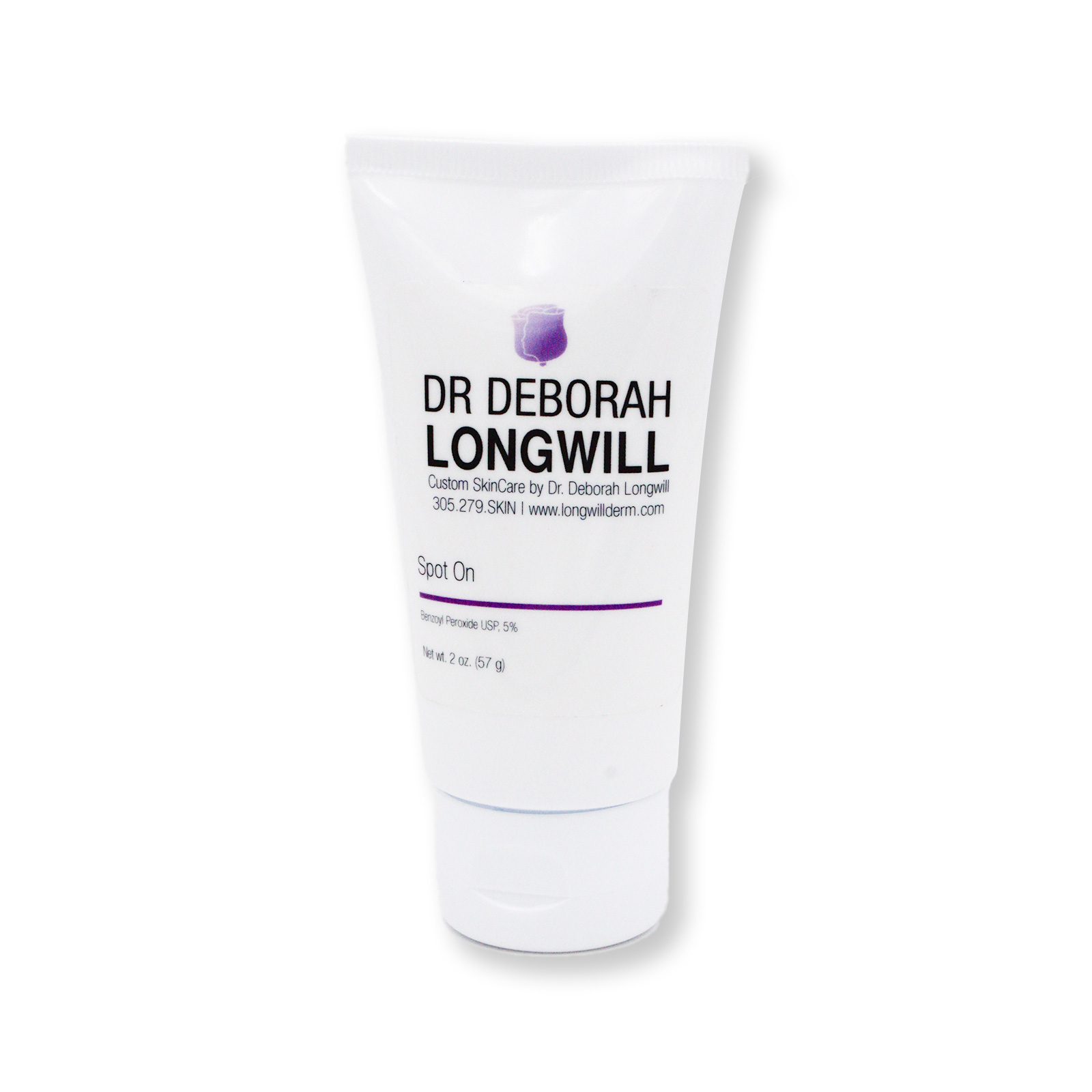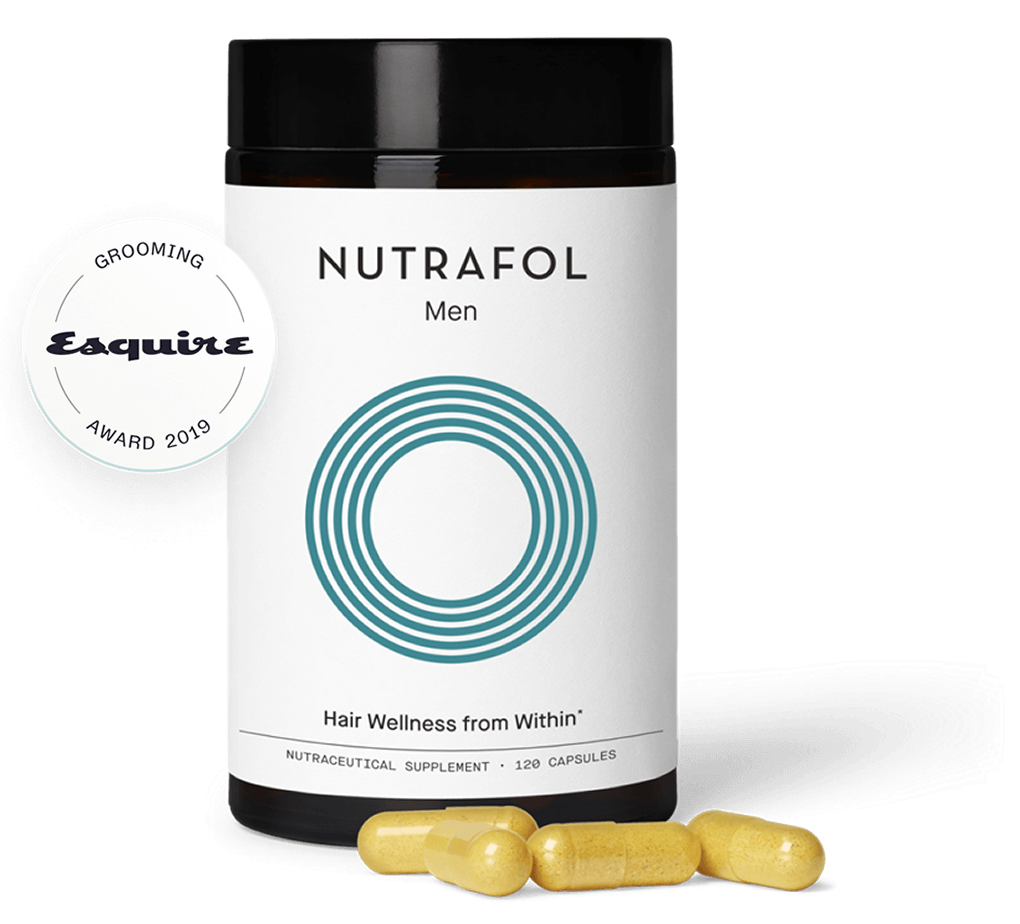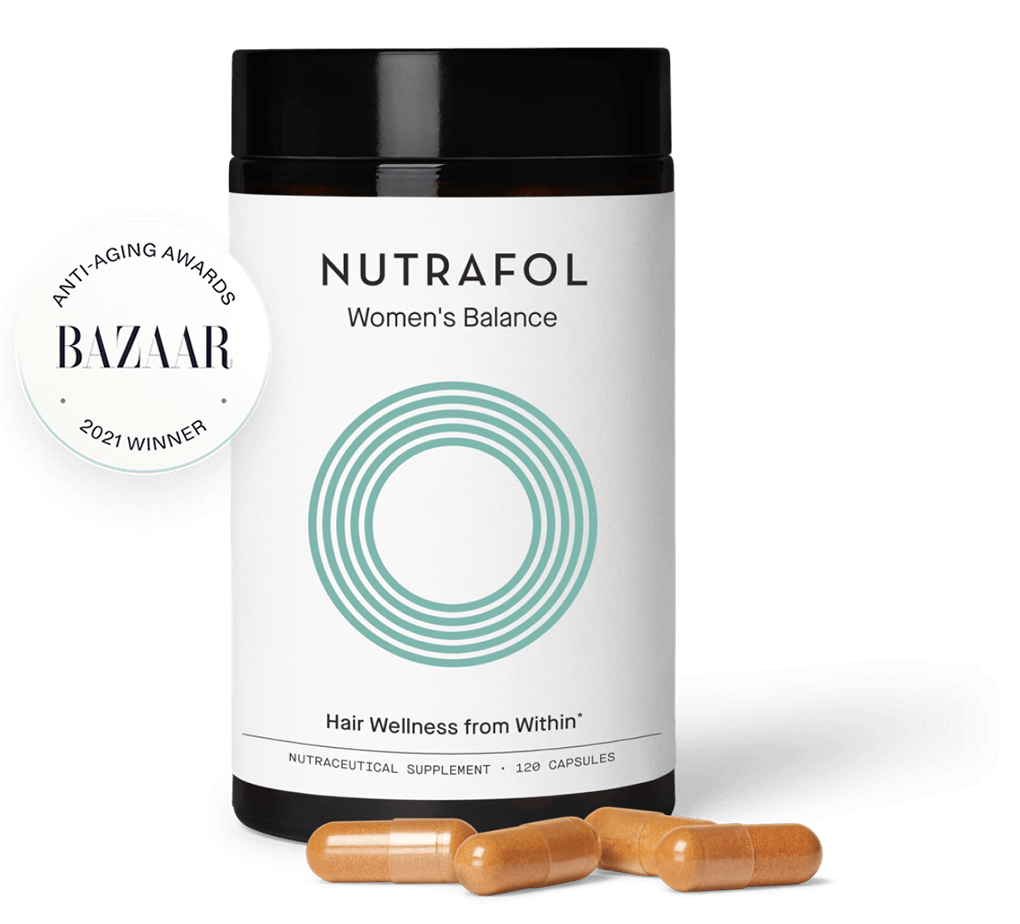No products added!
You’ve probably felt it before, that deep, tender bump forming underneath your skin. It’s not your average pimple. It hurts to touch, takes weeks to fade, and often leaves a scar that can linger far longer than the inflammation itself. For many people, cystic acne isn’t just a cosmetic concern; it’s a painful, emotional, and stubborn condition that can affect confidence and quality of life.
In fact, according to the American Academy of Dermatology, acne afflicts nearly 50 million Americans every year, making it the most common skin disease in the United States. Of these, cystic acne is one of the most severe and difficult to cure, typically requiring medical consultation and follow-up over an extended period of time.
At Dr. Longwill Skin Care, we understand how frustrating cystic acne is. It’s the most horrible kind of acne, and it tends to ignore regular over-the-counter treatments for acne. But the best part is here: there are some excellent ways to treat and even prevent these painful nodules and sensitive cysts, a lot of them not well-known outside a dermatologist’s office.
In this guide, we will guide you through why cystic acne occurs, how it’s different from other types of acne, and the not-so-well-known yet incredibly effective treatments that can bring you relief at last.
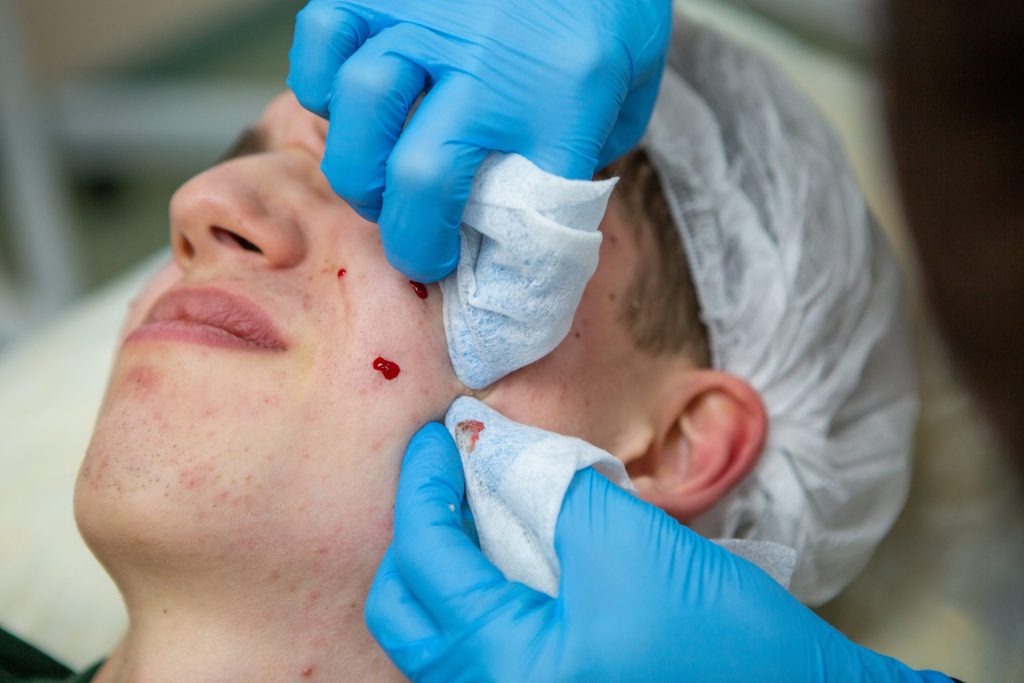
Understanding Cystic Acne
Cystic acne is a severe form of acne that forms deep inside the skin. In contrast to whiteheads and minor acne that lie near the surface of the skin, these cysts are filled with pus and come with inflammation. They may appear on the face, chest, back, and shoulders, and as they develop deep in the hair follicles, they usually cause scars if not treated appropriately.
Why Cystic Acne Occurs
Cystic acne occurs when dead skin cells and oil become trapped in the pores, clogging up the bacteria under your skin. Your body develops a sore, inflamed cystic pimple that resides deep within your skin as a reaction to this. Certain things tend to make cystic acne worse:
- Hormonal changes: Puberty, menstrual periods, or birth control can lead to excess sebum.
- Genetics: If either of your parents had serious acne, you will be more likely to be susceptible to cystic acne.
- Stress: Cortisol surges may lead to excessive oil production, which can further aggravate acne.
- Cosmetic or skin care products: Thick creams or comedogenic products clog pores and create flare-ups.
- Diet and lifestyle: Sugar-rich diets, dairy, and sleep deprivation can all contribute to inflammation and hormonal instability.
Detection of such triggers is the key to creating an effective treatment plan.
You Probably Haven’t Tried These Cystic Acne Treatments Yet
You’ve likely tried over-the-counter acne treatments before, maybe benzoyl peroxide, salicylic acid, or an exfoliating cleanser. These can be helpful for mild acne, but cystic acne requires a more strategic and layered approach. Let’s explore the lesser-known but highly effective treatments that go beyond the basics.
1. Address Hormones From The Inside Out
Since hormonal changes typically lie behind cystic acne, stabilizing them can be extremely beneficial.
Our expert dermatologists at Dr. Longwill Skin Care discuss hormonal issues extensively before recommending a treatment. What is good for one’s hormones, like birth control pills or spironolactone, is not good for another’s.
2. Use Prescription-Strength Topical Treatments
While over-the-counter creams may treat superficial acne, cystic acne is likely to need stronger topical medications that penetrate the skin layer deeply.
- Topical Retinoid: Derived from vitamin A, retinoids melt pores, speed cell turnover, and prevent oil and dead skin cells from piling up. They can also reduce acne scarring over a period.
- Topical Antibiotics: These help kill bacteria and lower inflammation in the hair follicles. Often, dermatologists use them together with benzoyl peroxide to lower the risk of resistance to antibiotics.
Stay with it; it may take several weeks, but topical medications are one of the most effective measures for stopping new cysts from forming.
3. Consider Oral Medications For Bad Acne
If topical therapy is not enough, oral antibiotics can target the root cause of the issue, subcutaneous bacterial infection and deep inflammation beneath the skin’s surface.
- Oral Antibiotics: Doxycycline or minocycline are drugs that might be prescribed to treat bacterial infections and inflammation. These are usually short-term drugs that are taken as part of a comprehensive treatment protocol.
- Isotretinoin (Accutane): For stubborn cystic acne, isotretinoin is a game-changer. It reduces the level of oil, minimizes gland size, and prevents pores from becoming plugged to start with. Since it’s potent, it requires a dermatologist’s prescription and monitoring for potential side effects.
We design customized isotretinoin plans with frequent follow-up at Dr. Longwill Skin Care for success and safety.
4. Gentle Yet Effective Professional Treatments
Home care is essential, yet sometimes the best course of cystic acne treatment is professional care.
- Cortisone Injections: The dermatologist may inject a low dose of corticosteroid into the cyst to fight inflammation and flatten the sore bump in 24–48 hours. This is perfect for before a special occasion or when a cyst has become extremely inflamed.
- Chemical Peels: Medical-strength peels eliminate dead skin cells, deep clean pores, and discourage future blemishes. Exfoliating ingredients of salicylic acid and glycolic acid gently remove dead cells and stimulate new cell growth.
- Laser Therapy: Certain laser treatments target the bacteria that cause cystic acne and repair acne scarring by stimulating collagen.
These treatments are all part of our full solution at Dr. Longwill Skin Care, tailored to your acne type, skin tone, and sensitivity.
5. Balance Your Daily Skincare Routine
Even the best treatments can be defeated if your daily routine doesn’t support your skin’s healing. Here’s what our dermatologists recommend for acne-prone skin:
- Wash your face twice a day with a gentle, non-comedogenic cleanser.
- Avoid harsh scrubbing, as it can make inflammatory acne worse.
- Use an oil-free moisturizer to maintain balance and avoid excess sebum production.
- Apply a broad-spectrum sunscreen daily to protect healing skin and avoid scarring.
- Limit heavy makeup and remove it at night.
Your skin barrier needs routine. Switching products abruptly or over-treating irritates and leads to more breakouts and inflammation.
6. Don’t Underestimate Lifestyle Factors
At times, the causes of acne go beyond skincare. Your inner balance in the body has a direct effect on the radiance of your skin.
- Diet: Foods with sugar or dairy can cause insulin and androgen spikes, worsening cystic acne. Stick to whole foods, greens, and omega-3-rich meals that fight inflammation.
- Stress Management: Chronic stress raises cortisol and sebum levels. Add relaxation skills, such as deep breathing, yoga, or a brisk daily walk, to keep hormones in balance.
- Sleep and Hydration: Poor sleep slows healing, and dehydration thickens oil, leading to clogged pores. Aim for 7–8 hours of rest and consistent water intake.
A balanced lifestyle supports more than just your overall health; it helps your skin stay calm, clear, and resilient against future cystic breakouts.
Why Seeing A Dermatologist Matters
While home remedies and over-the-counter acne treatments can help with mild acne, cystic acne often demands expert care. A dermatologist can properly diagnose the type of inflammatory acne you’re dealing with and design a treatment plan that addresses both the causes and symptoms.
Popping or draining cysts at home is risky for infection, increasing acne scarring, or even permanent damage to the skin layer. Professional guidance prevents such mishaps.
At Dr. Longwill Skin Care, we believe no one should battle alone with bad cystic acne. Our dermatology experts weave together science, compassion, and customized treatment to restore your skin’s health and your self-confidence.
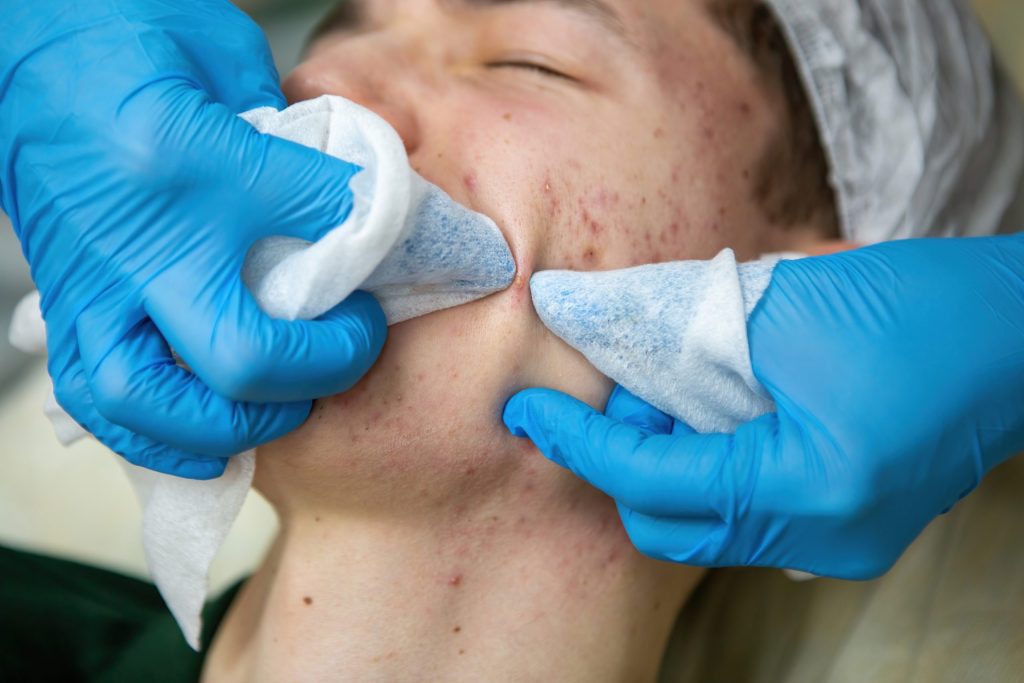
When To Seek Professional Help For Your Cystic Acne Treatment
You should see a dermatologist if:
- Your acne cysts are painful, recurring, or contagious.
- You’ve tried several over-the-counter remedies without relief.
- You notice acne scarring or color changes beginning to develop.
- Your acne is affecting your mental health or self-esteem.
Prompt professional treatment not only prevents severe scarring but can help you achieve long-term control over the state of your skin.
Cystic acne is perhaps the most difficult-to-treat type of acne because it develops deep within the skin. But it’s also incredibly easily managed with the right combination of treatments, routines, and professional care.
From topical retinoids to hormonal medication, oral antibiotics, and in-office procedures, there are more than enough potent methods of eradication of cystic acne and preventing new outbreaks from happening. The key is to be patient with your skin, treat it consistently, and do so under the counsel of an authority.
Contact us today if you’re tired of dealing with painful bumps and persistent breakouts. We’re here to help. At Dr. Longwill Skin Care, our goal is to create a personalized approach that not only clears your skin but also restores its natural balance, because healthy skin is confident skin.
Disclaimer: The information in this article is intended for general educational purposes only and should not be taken as medical advice. Always consult a qualified dermatologist or healthcare provider before starting any new treatment or skincare routine, especially for severe or cystic acne.
